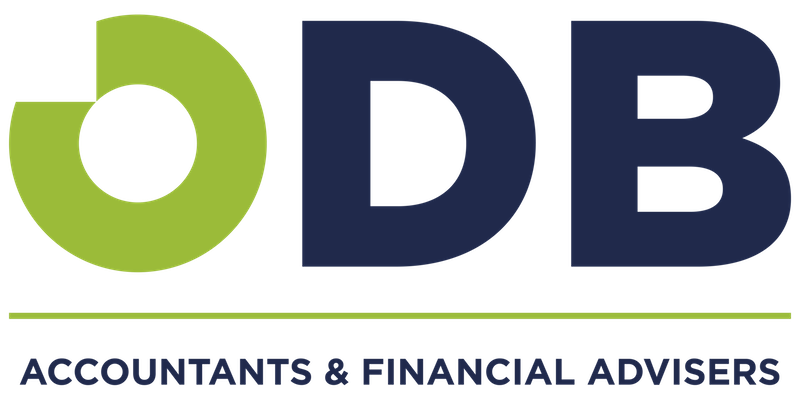Entrepreneurs and professionals (cfr. individual tax payers) and all types of companies (cfr. corporate tax payers) have to make tax prepayments . Start-up companies (natural persons and small companies) are exempt during their first three years of business.
A tax increase is applied when no or insufficient tax prepayments. The purpose of the tax increase is to engage the taxpayer to pay most of the tax liability in the period in which the taxable income is generated instead of delaying the payment until receipt of the tax bill.
Percentage of the tax increase for income year 2016 – fiscal year 2017 is 1.125% (the same as last year).
Internal legislation has been amended in view the base rate, used to determine the tax increase, never to be less than 1%. Accordingly, the tax increase percentage will automatically be set at at least 2.25% as of 01/01/2017 (fiscal year 2018).
As of the fiscal year 2018 no the tax increase will apply when the calculated tax increase is lower than 0.5% of the tax on which it is calculated or if the amount due is less than 50 euros (currently it is 1% or 25 euros).
Reminder:
Companies, self-employed and professionals whom financial year ends on December 31, need to proceed  with the tax prepayment for the fourth quarter of income year 2016 at the latest by December 20ste. Tax prepayments received after the due date by the ‘Tax Office for Prepayments’ are automatically forward to the next period (i.e. first quarter of 2017). Special rules apply to companies whom fiscal year does not coincide with the calendar year and for companies with a financial year of less than 12 months.
with the tax prepayment for the fourth quarter of income year 2016 at the latest by December 20ste. Tax prepayments received after the due date by the ‘Tax Office for Prepayments’ are automatically forward to the next period (i.e. first quarter of 2017). Special rules apply to companies whom fiscal year does not coincide with the calendar year and for companies with a financial year of less than 12 months.
Reducing social contribution payments
The request to reduce the payment of social contributions can be made now for one, two or three calendar years in one and the same application form. Until now the request could only be filed per calendar year.
The requirement of providing objective proof to justify the reduction remains unchanged and should be provided for every year for which a reduction is requested.
An entrepreneur will however continue to submit annual requests because he usually will not be able to provide objective proof for the reduction of income over several years.
Mandates without payment entitlement can request the reduction of the provisional social contributions for three consecutive years on the basis of the report of the General Meeting or a copy of the Corporate Statutes.
No regularization after retirement
As of 2015 an interim contribution is first paid and regularized two years later with a supplement or recovery as a result.
Now, when you retire and completely stop your self-employment activities, you can ask to waive the regularization under specific conditions.
Waiving the regularization is only interesting in case the balance for the entire period is negative. As the waiving will cancel both any extra payment due or any possible refund.
